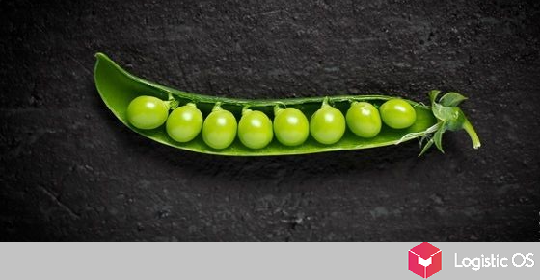From September 1, 2025, agricultural businesses may face new rules that farmers are not yet ready for.
Currently, Russian authorities are developing a bill that will require agricultural producers to sell up to 25% of their products through the exchange.
First of all, this may affect such goods as frozen fish, grains, oilseeds, sunflower oil and sugar.
In the future, this scheme may be extended to various non-food products, such as metals, petrochemicals, fertilizers, coal, wood, cement.
The government’s goals are clear: it wants to achieve transparent pricing, as well as move away from dependence on foreign indicators and create its own national price benchmarks.
This may also increase buyers’ access to trades and reduce market monopolization, experts believe.
It is important that the sale of goods under the new scheme can be made strictly mandatory, and those who violate this rule will be fined 30-50 thousand rubles for officials and 300-500 thousand for legal entities.
It is emphasized that the document is currently being developed by such structures as the FAS, the Ministry of Finance and the Ministry of Economic Development. If everything goes well, it may come into force this fall.
It is interesting that the initiative is not new: it was already considered in 2022 and was supposed to work in 2023, but, as we can see, has so far remained at the level of talk.
The most difficult stage of the adoption of the new law may be the detailed approval of the list of types of products that it will affect.
At the same time, farmers are worried that the initiative will negatively affect their profitability.
Firstly, the requirement to hold auctions monthly and sell at least 25% of the products will necessitate selling them immediately after the harvest, during a period of low prices.
Secondly, the exchange will have to pay for its services, and this is an additional expense.
Finally, commercial secrets will be violated, since everyone will know which companies sell their products to whom.
As a result, experts are confident that the new rules will benefit the exchange, which apparently wants to expand its scope of activities, but will not benefit farmers.
They really hope that the initiative will not pass review this time, as it did last time.
If we talk about its implementation, then the content of the document should be seriously reviewed, experts are sure.
Otherwise, instead of benefiting the industry, it can cause great harm, despite the fact that standardization of trades in itself is a good idea.

